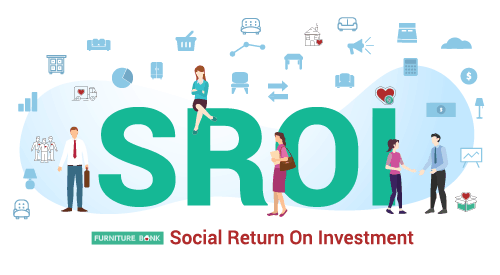SUMMARY OF RESEARCH
Extended Producer Responsibility (EPR) is being promoted as a key market based instrument to help Member States implement EU waste legislation, including application of the waste hierarchy. However, little attention has been paid to how EPR can support initiatives at the top of the hierarchy including reuse, a waste prevention activity, and preparation for reuse. Using case studies from EPR schemes active in the management of electronic, textile and furniture waste, this paper highlights how EPR schemes can potentially support the development of reuse and repair networks as called for by the EU Waste Framework Directive.
In 2011, a law in France on the prevention and management of waste furniture was published. It was set up in response to the significant amounts of furniture waste which were entering landfill (around 2 million tonnes), a lot of which still had reuse potential. The law sets a re-use and recycling target of 45% for waste household furniture and 75% reuse and recycling rate for workplace furniture. In addition it sets a separate reuse target in the form of increasing the amount of used furniture put back on the market by 50% from a baseline.
The key point about the law is that it grants access to collection points exclusively to social enterprises in order to carry out reuse activities because it realises the social value of furniture reuse.
The French law on waste furniture sets a clear reuse target, the only one of its kind in Europe and independent of EU requirements. However, in order to achieve this target, the EPR scheme grants access for reuse centres to the waste stream in order to meet the target. Market demand should help dictate which waste streams are amenable to having potentially reusable items within them.
RREUSE.ORG Tweet






